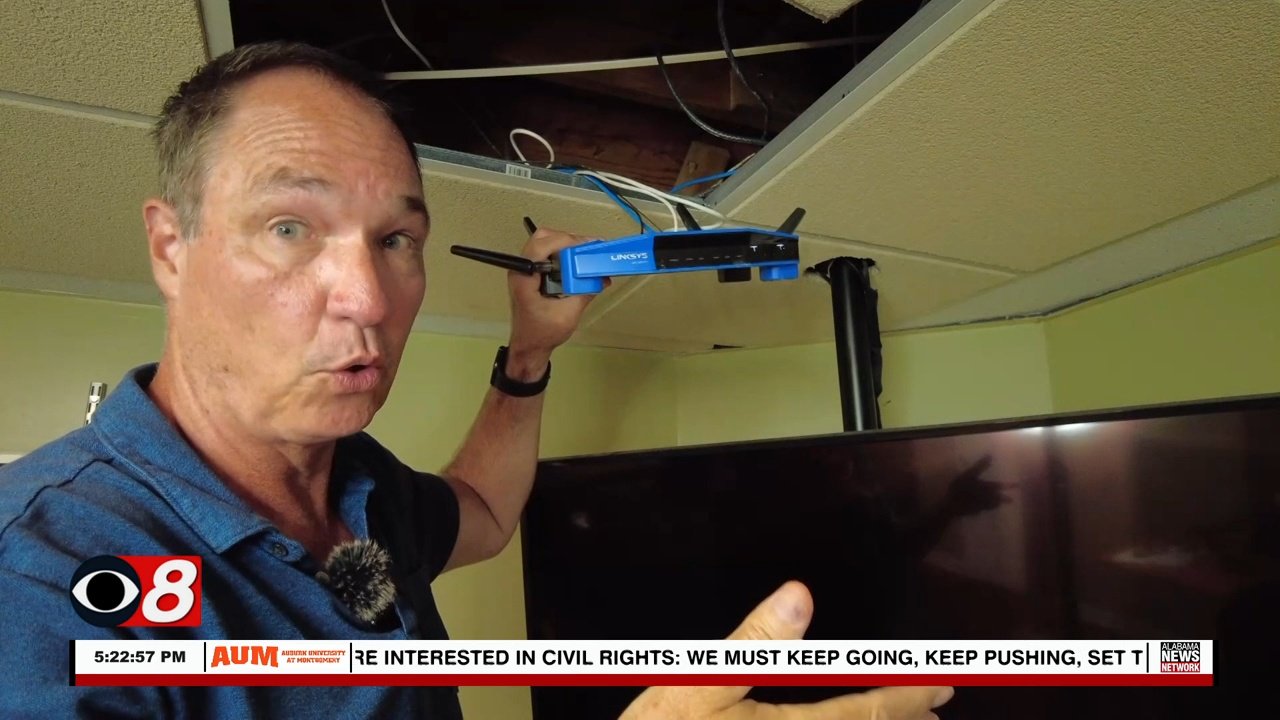What the Tech? Malware Can Strike Your WiFi Router If You’re Not Careful
Posted:
The home WiFi router is one of those things we don’t think about until it stops working.
It’s responsible for making sure all of those devices in our homes can connect to the internet. You could even argue it’s the single most important device in your home.
The bad guys apparently think so, because they’re making WiFi routers their favorite target.
Cyber Security analysts at Black Lotus Lab discovered malware in routers used in small homes and home offices. Here’s how they say it works:
The malware is deployed, most often, when someone opens an email attachment or visits a rogue website. The malware gains access not just to the computer but to the network’s WiFi router.
If you never changed the default username and password, hackers can easily find the login information online and have access to the router’s administrator settings. Once logged on as an administrator they can upload and download files to any device that’s connected to your WiFi router.
Phones, computers, web cameras, TVs, doorbells, and locks. Everything.
The Black Lotus Lab analysts say so far this malware has primarily stolen personal information, financial information, and secure business info, but add, it’s very sophisticated and there’s no limit to the damage it can do.
How do you know if your router is compromised? If the computer is sluggish, not loading pages or running programs like before. Of you get unusual pop-ups on the screen or get taken to strange or spoofed websites.
To protect your router and everything connected to it, turn the router off, wait about 20 seconds and turn it on again. This will reset the router and install any updates, this will delete the malware from running on the WiFi network. Change the username and password in the router’s settings.
If your router is 5 years old or older and it hasn’t been updated, you’ll want to re-set the router soon. You may also want to get a new WiFi router. They’re much faster and more secure than they were 5 years ago.


